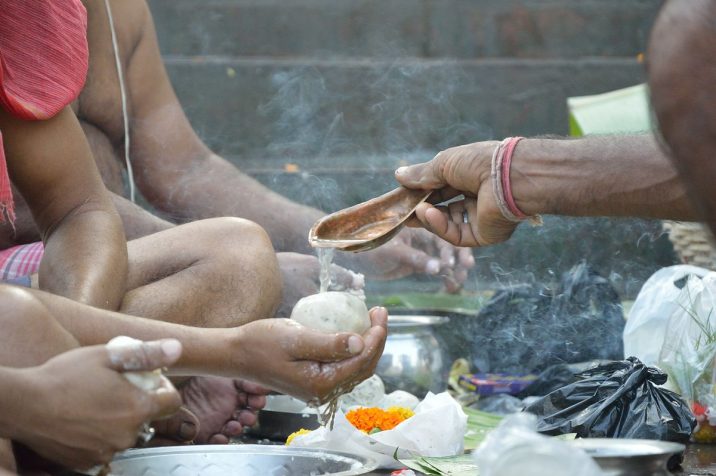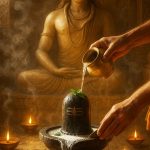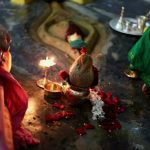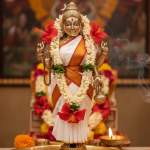
After born in humankind, every human being instantly got connected to the circle of life. As per Hinduism, during our lifetime, every human pays 3 types of debts (Rinn) – Dev Rinn, Rishi Rinn, and Pitri Rinn. So, here we are going to tell you about Pitri Rinn or the ancestral debt, and why paying back the loan of our accentors is necessary.
Every Hindu involves in several Hindu traditions and practices during the lifetime. Alike birth, after the death of a person, we must follow some rituals and customs.
Therefore, Pitru Paksha is the period to pay off our ancestral loans. Pitru Paksha or Pitri Paksha is the 16 lunar day period during the full-moon (fortnight of the ancestors) of Hindu month Bhadra. Hindus pay homage and offering to bring peace to their relatives’ souls following by some rituals.
It is believed that the ancestor’s souls reside in Pitrulok/Pitrilok wielded by Yamaraj, who releases all the ancestors to accept all the offerings by their posterity during the Pitru Paksha period.
When you offer food and water to their ancestors, their souls attain salvation.
There’s a story regarding this Hindu practice. When the warrior Karna died, his soul went to heaven. But there he was served gold and jewelry as food. When confused Karna asked Lord Indra about this, Indra explained Karna, every time he offered gold and jewels but never offered food to his predecessors. Therefore, he was served the gold materials.
Karna requested Indra to give him a chance to rectify his mistakes. Thereby Indra sent him to the earth for 15 days to perform Shraddha for his ancestors, which is known as Pitru Paksha.
The significance of Pitru Paksha is extensive to Hindus. People perform Shraddha and organize Brahmin Bhoj (feeding the Brahmins) and seek blessings from them. On this day, people perform Pinda Daan by making small rice balls with sesame seeds and offer to their ancestors.
Lastly, Tarpan, which is donating water to God, ancestors, and sages.
By following this process, you can pay off your ancestors’ debts or Pitri Rinn.
Feature Image Credit: Biswarup Ganguly / CC BY (https://creativecommons.org/licenses/by/3.0) (free for commercial use)




